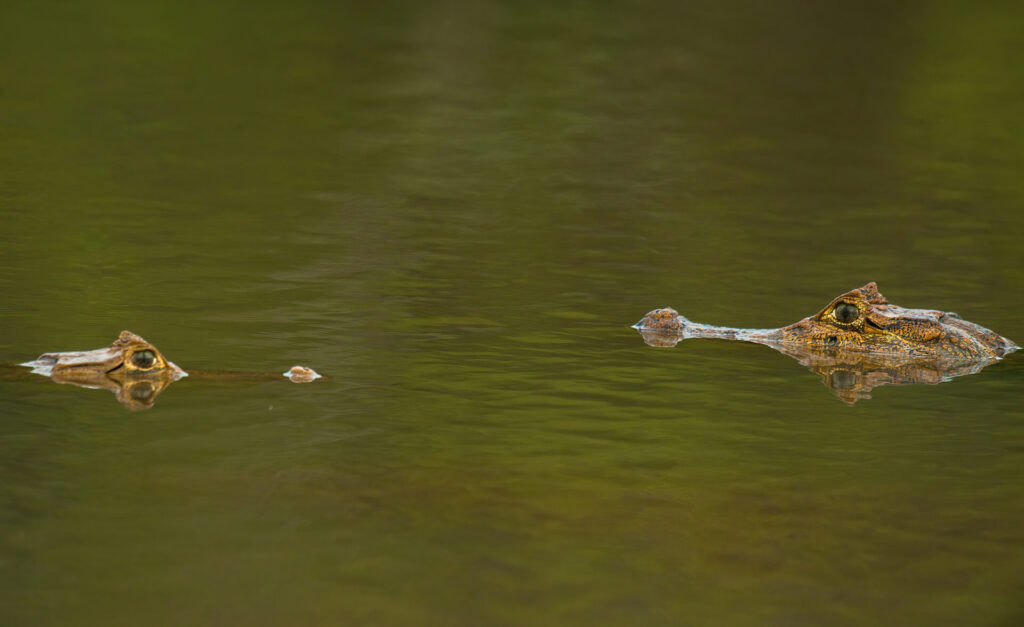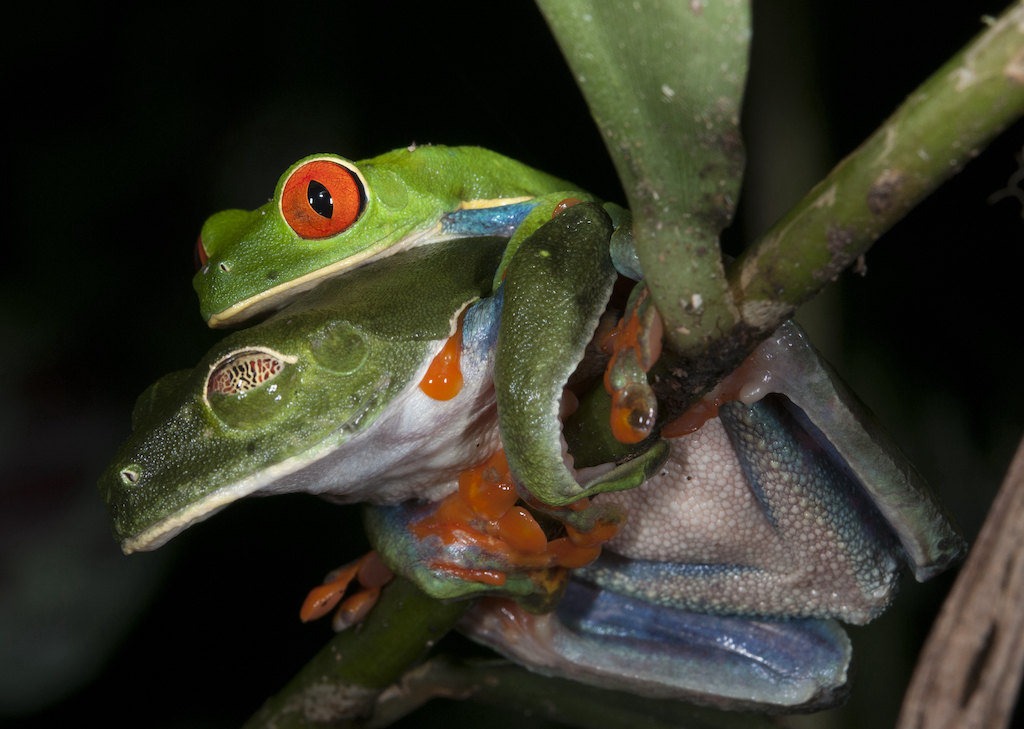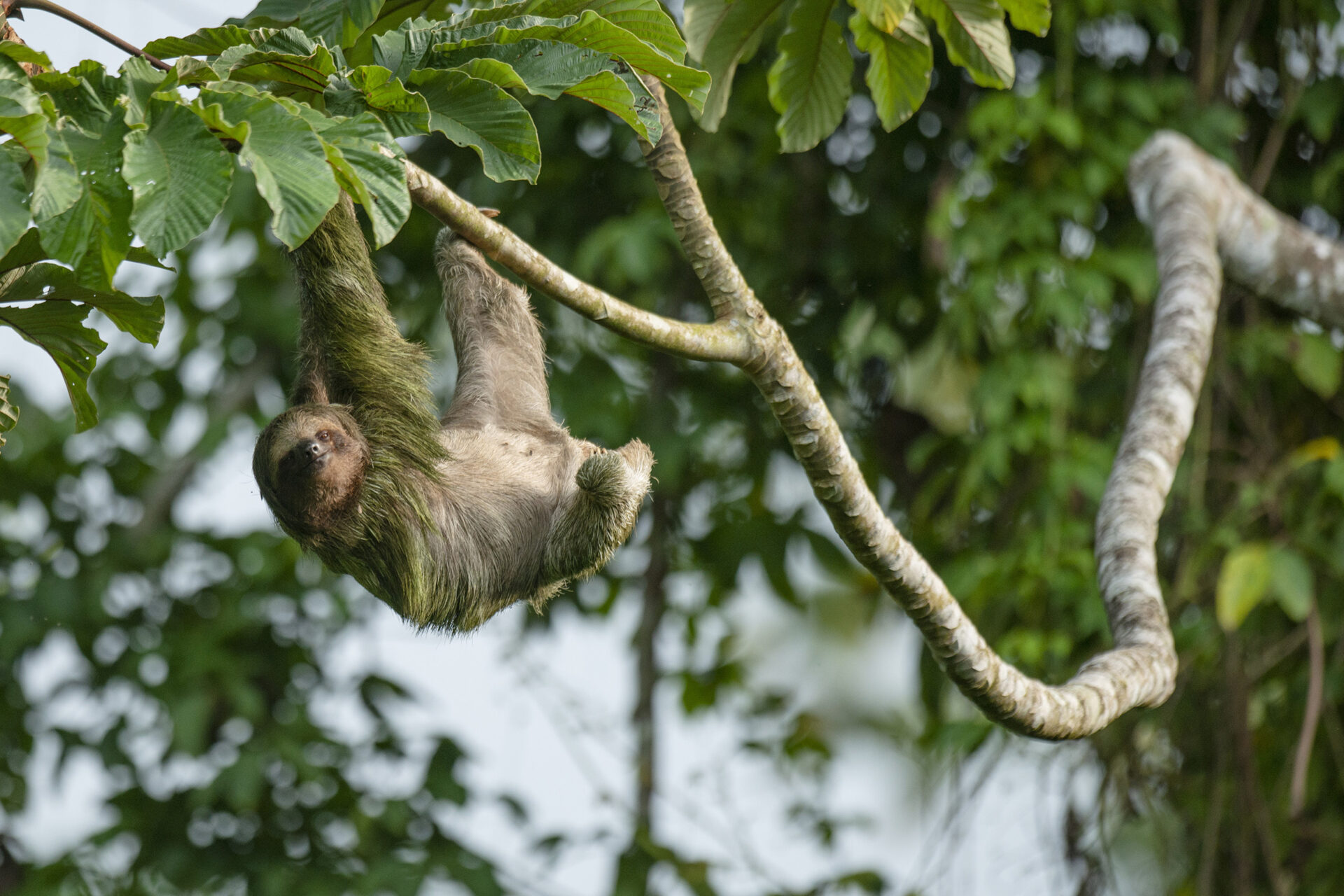If biodiversity has a problem, humanity has a problem.
Biodiversity is understood as the wide variety of existing plants, animals and microorganisms, but it also includes genetic differences within each species.

The loss of diversity threatens all areas of the human being, among the most important: food and health.
There is evidence that losing our biodiversity could increase the cases of zoonoses – diseases transmitted from animals to humans – while, on the contrary, if we manage to keep it stable, this could be a great tool in the fight against pandemics such as those caused by Covid-19.
Although we are increasingly aware that biological diversity is a global asset of great value to present and future generations, the number of species is decreasing at an accelerated rate, due to human activity. Given the importance of public education and awareness of this threat, the United Nations decided to proclaim the celebration of this International Day for Biological Diversity every year.

Despite all of our technological advancements, we are completely dependent on healthy and vibrant ecosystems for water, food, medicine, clothing, fuel, shelter, and energy, just to name a few examples.
In this 2021, the theme of the International Day of Biological Diversity is “I am part of the solution”. Let us identify ourselves with this motto and make our contribution to the planet, either by recycling, reforesting, denouncing the illegal possession of wild species, not taking natural resources from their habitat such as orchids or shells for example, in short, we can all help to preserve our planet.

Did you know…?
* Human activity has altered three-quarters of the terrestrial environment and about 66% of the marine environment.
* 1 million species of animals and plants are in danger of extinction.

